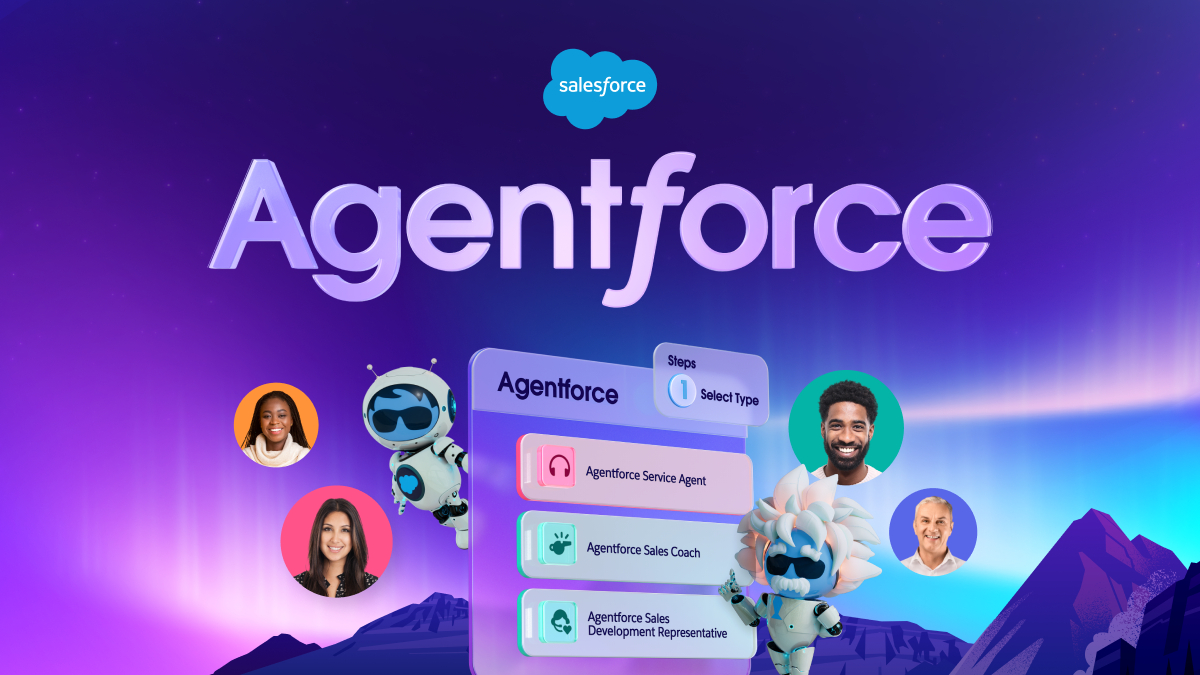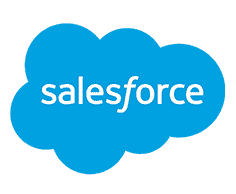Artificial Intelligence (AI) in the world of Marketing is like the wind that powerfully propels the boat of strategy toward success. It is a powerful ally that makes more effective programmatic advertising, marketing automation and customer care. In summary, AI in Marketing is a catalyst that amplifies the impact of marketing actions by intelligently using data, enabling precise customizations, and speeding up customer care. Let’s find out together how artificial intelligence will revolutionize the world of marketing–and marketers!
AI and marketing: what is artificial intelligence

Customers, AI, and marketing. What’s changing. From virtual assistants to intelligent chatbots, AI is transforming both relationships and sales. A recent study by Politecnico di Milano reveals that 81% of companies already use chatbots to offer fast and personalized customer service. But there’s more! Recommender systems in eCommerce are proving to be a real game-changer. In short, AI is the key to elevating marketing strategy to the next level. Let us now turn to understanding what exactly artificial intelligence is in order to understand in depth the relationship between AI and marketing. In summary,Artificial Intelligence is a machine that can learn, imitate or simulate the intelligent behavior of humans. It differs from machine learning, a branch of AI that refers to the ability to create artificial intelligence that can generate knowledge from pre-existing data, from a machine learning perspective. We are facing an extraordinary opportunity that goes beyond the business context by involving the entire community and the ability of each individual. The key is to change our approach: instead of questioning what activities artificial intelligence can replace, we should instead explore how it can improve our individual workflow.
AI and marketing: types of artificial intelligence for marketing
Due to this important change taking place, we present below the different types of artificial intelligence: 1.Marketing automation: a process that allows companies to automate marketing activities and increase the quality of the communication message, thanks to the use of specialized software such as Salesforce’s marketing cloud. 2.Machine learning: a branch of Artificial Intelligence that involves the creation of algorithms and models that can learn from data, without being explicitly programmed for each individual task;

3.Natural Language Processing: a discipline that deals with the interaction between Humans and computers to develop algorithms and models that enable computers to understand, interpret and generate human language. It focuses on activities such as machine translation, sentiment analysis, text generation, speech recognition, and natural language understanding; 4.Voice Search: an AI application based on natural language recognition and processing, which allows users to interact with electronic devices through voice; 5.Virtual assistants and chatbots: AI tools capable of interacting with users like real human beings, thanks to their machine learning models. Virtual assistants are personal assistants that help the interlocutor perform specific tasks, such as booking an appointment or sending a message, while chatbots are programs that can converse with users on a wide range of topics.
AI and marketing: artificial intelligence in marketing decision-making processes
The integration ofartificial intelligence into the field of marketing marks the advent of an era in which society is being called upon to revolutionize the way it thinks and operates. The application of Artificial Intelligence in marketing will have an unprecedented impact on customer segmentation, the creation of personalized experiences based on the individual, and the prediction of consumer behavior. The use ofartificial intelligence in marketing is crucial because the data used in this area is generally unstructured and comes in different forms, quantities and formats. This data includes marketing demographic information, metrics from social media, geolocation data, video and photo materials, behavioral data, app or website usage times, as well as purchase and browsing history. The sheer amount of information available to businesses today is truly amazing!

The use of artificial intelligence in marketing is essential at every stage of the decision-making process because it allows useful information to be extracted, catalogued and synthesized from raw data, thereby generating well-defined strategic insights that guide toward wiser business decisions. Marketing phases are structured around well-defined and interconnected strategic, tactical and operational decisions. Decision making is thus a constant element in every phase of marketing management, with Artificial Intelligence poised to play a key role in each of these phases. Let’s take a closer look at its applications.
AI and marketing: artificial intelligence and marketing analytics
Artificial intelligence-based technologies play a key role in supporting the initial and analytical phase of the marketing process. These solutions embrace text and big data analytics, sentiment analysis and predictive analytics tools. Their importance manifests itself in recognizing customers’ distinctive behaviors, anticipating their needs, accurately dividing them into appropriate clusters, and accurately defining their purchase intentions. The interdisciplinary concept of precision marketing merges the distinctive elements of marketing with machine learning, a feature of machine learning. By applying mathematical analysis models to intricate managerial decisions, we are able to generate strategic insights in marketing. This approach optimizes the efficiency and profitability of customer interactions, contributing to business success.
AI and marketing: artificial intelligence and CRM
Most Artificial Intelligence solutions applied to CRM (Customer Relationship Management) are related to virtual assistants, Interactive Voice Response (IVR) systems and chatbots, tools created to converse with consumers in a completely automated and natural way. Chatbot marketing over all is becoming widely used in different parts of a company’s customer service, and its market penetration will only increase in the future. In addition, studies claim that Artificial Intelligence for customer relationship management can also be used to develop particularly effective predictive models of consumer churn, thus identifying all those who could potentially leave the company in favor of a competing product or service(Churn management).
AI and marketing: predictive analytics using artificial intelligence
Faced with the challenge of drawing crucial information from a vast set of unstructured data, companies can rely onArtificial Intelligence in marketing to accurately identify their audiences, delineate behavioral patterns, and devise targeted campaigns on highly segmented targets, increasing revenue and reducing costs.

Delving into the world of predictive customer analytics using AI, what fascinates marketers most is the ability to anticipate user behavior based on their past actions and buying habits, enabling them to be categorized into homogeneous clusters. Collected audience data create invaluable behavioral patterns that are strategic for gaining competitive advantage and developing effective marketing strategies. A tangible example is product recommendation, a filter that suggests specific products or services based on a user’s previous searches, interests and buying habits. Predictive analytics in marketing thus represents a revolutionary capability of AI that, by drawing on historical data, anticipates precise user actions, establishing more profitable and lasting relationships based on attentive listening to their needs. In practice, AI for predictive customer analytics acts on all four moments of the marketing funnel, from attraction to retention. Through the Einstein AI module and our AI-based marketing solutions, we leverage the full potential of AI in analyzing customer and prospect data more efficiently and effectively than conventional methods. We offer businesses a deeper understanding of consumer needs, interacting with empathy along the entire customer journey. This improves brand loyalty and optimizes the customer experience, making it smoother, faster and more automated.
AI and marketing: artificial intelligence and strategic marketing

The application ofArtificial Intelligence in strategic marketing still represents uncharted territory, raising uncertainties about its real implications in key managerial decisions in marketing. So far, we observe how AI could emerge as a crucial new decision-support tool in marketing strategy creation and as an aid in strategic decision-making in marketing, offering valuable support in areas such as pricing or forecasting outcomes in ever-changing marketing contexts. It is a world in flux that requires careful evaluation and continuous adaptation.
AI and marketing: artificial intelligence and tactical marketing
Without a doubt,Artificial Intelligence (AI) is currently redefining the marketing landscape, bringing innovation to both the creation of an integrated marketing mix and highly effective marketing campaigns. Over the past decade, it has made significant inroads into the tactical phases of digital marketing, demonstrating considerable impact. Here is a closer look at its applications:
- Marketing Campaign Automation: Revolutionizes campaign management, improving efficiency and accuracy.
- Content Creation and Personalization: Generate customized content for specific user segments, increasing engagement.
- Creative Content Optimization: Maximizes the effectiveness of content through in-depth analysis, ensuring optimal impact.
- Advanced Targeting and Attribution: Accurately identify audiences and accurately measure the effectiveness of campaigns.
- Retargeting: Allows users who have shown interest in the past to be re-intercepted.
- Programmatic Sampling: Automatically optimizes the purchase of advertising space, ensuring maximum relevance.
- Media Buying: Helps with ad buying decisions, ensuring effective use of budget.
- Purchasing Forecasting: Predicts future purchasing behavior, enabling accurate planning.
- Sales Promotion: Design and implementation of targeted promotional strategies to increase sales.
- Recommendation Systems Development: Guide users to relevant products/services based on their behaviors and preferences.
- Dynamic Pricing: Adapts prices in real time in response to various variables.
- User Engagement in Social Media: Increase engagement and interaction through targeted social media strategies.
- Email Targeting: Customize and optimize e-mail marketing strategies for maximum engagement.
AI, in addition to enhancing operations and strategies, shows revolutionary potential in creativity and new product development. Its advanced algorithms provide data-driven recommendations and options, offering an in-depth understanding of consumer behavior. This predictive and analytical capability greatly improves the effectiveness of marketing strategies, guiding the company to ever greater success. Ultimately, Artificial Intelligence represents a key innovation lever in the evolution of contemporary marketing.
AI and marketing: why to do marketing with AI

Marketing with AI brings results that may or may not be quantifiable in terms of sales and revenue. Artificial Intelligence has a wide range of potential applications in marketing, each of which has a number of benefits for businesses and organizations geared to invest in the field.
Here are the main benefits of AI marketing:
- Facilitated data collection, analysis, and cataloging;
- Increased ROI of marketing campaigns;
- Simplified customer relationship management;
- Improved user experience and customer satisfaction rate;
- Personalization of real-time communication;
- Advanced marketing performance measurement;
- Greater speed in decision making;
- Maximum accuracy in target micro segmentation;
- Easier prediction of emerging trends and user needs;
- Improving the effectiveness of advertising activities;
- Customization and filtering of content by individual user;
- Increased customer retention.
To conclude …
In conclusion,artificial intelligence has transformed the marketing landscape in profound and irreversible ways. The constant evolution of this technology has led beyond the imaginable by enabling companies to achieve a level of precision and personalization never seen before. From powerful machine learning algorithms that analyze user data to offer personalized recommendations to marketing process automation that optimizes campaigns in real time, AI has become the backbone of winning strategies. The effect of this transformation is tangible: deeper customer engagement, more targeted targeting, improved operational efficiency and, as a result, significant growth in business results. However, it is essential to remember that AI is a powerful tool but it cannot do without human vision and creativity. We Artmaticians are accompanying this revolution every day, which is proving to be unprecedented, and we cannot be more proud to drive innovation toward constant and ever-conscious growth. Until next time!










